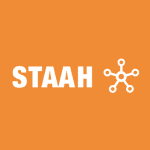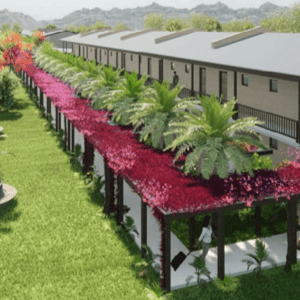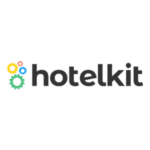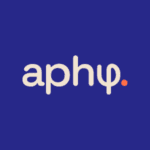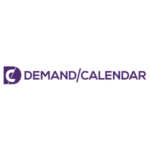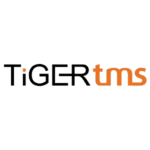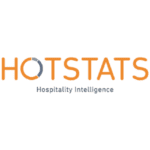 Setting the right price for a hotel room can be a straightforward task for some, yet complex for others. Regardless, the key question remains: Is the price point logical?
Setting the right price for a hotel room can be a straightforward task for some, yet complex for others. Regardless, the key question remains: Is the price point logical?
Consider the following scenarios to illustrate this point:
1. Group demand Vs FIT demand
- Scenario: A 50-room hotel has sold 25 rooms to one group, reaching 50% occupancy.
- Decision: Should we increase or hold the retail pricing on online travel agents (OTAs) and the brand website?
- Consideration: Evaluate market demand, competition pricing, and historical booking trends. If demand is high and competition is priced higher, increasing the rate could maximize revenue. If demand is low or competition is priced lower, holding the rate might be more prudent to attract more bookings.
2. Corporate individual – negotiated segment pace
- Scenario: The pace of bookings in the Corporate Individual – Negotiated Segment is strong.
- Decision: Should we increase or hold the retail pricing?
- Consideration: Strong pace in the corporate segment can indicate high demand. Increasing retail pricing may capture more revenue from other segments without affecting corporate bookings, provided the price increase aligns with market conditions.
3. Limited availability
- Scenario: Only 5 rooms remain available for today.
- Decision: Should we increase or hold the price point for today?
- Consideration: With limited availability, increasing the price can capitalize on last-minute demand. However, the price hike should still reflect competitive rates and market demand to avoid turning potential guests away.
Beyond occupancy: factors influencing price points
Occupancy alone isn’t the only criterion for adjusting price points. Consider the following:
- Market Demand: Understand how your property is positioned within the market.
- Buyer Behavior: Customers ultimately decide to buy based on perceived value at the offered price point.
- Competitive Pricing: Ensure your pricing strategy remains competitive while maximizing revenue.
 Understanding property behavior
Understanding property behavior
Accurate pricing stems from a deep understanding of your property’s behavior, much like understanding a person’s traits. Here’s how to analyze hotel behavior from a pricing perspective:
- Lead Times: Track booking patterns—far-out bookings for events like weddings versus last-minute bookings for FIT (Free Independent Travelers).
- Day of Week (DOW) Patterns: Differentiate between weekend leisure travelers and weekday corporate guests.
- Length of Stay (LOS): Calculate the average LOS by market segment.
- Price Elasticity: Monitor how demand varies with price changes, considering day of the week and seasonality.
- Demand and Supply: Assess the balance between demand and supply by season and market segment.
- Trends: Analyze past and current trends in market segments.
- Economic Conditions: Factor in the current socio-economic situation.
Strategic recommendations
- Optimize Market Segment Mix: Balance various market segments to maximize revenue.
- Optimize Channel Mix: Use different distribution channels effectively.
- Increase LOS: Encourage longer stays to boost occupancy on typically lower-demand days.
- Forecast Accurately: Use forecasting to inform pricing, yield management, and channel management decisions.
 Enhance distribution
Enhance distribution
Utilize a channel manager with robust connectivity to broaden your market reach and increase demand, ultimately boosting RevPAR (Revenue Per Available Room).
Optimizing hotel room pricing requires a holistic understanding of various factors influencing demand and market conditions. By analyzing these elements and implementing strategic recommendations, you can set logical, competitive prices that enhance revenue and profitability.
About the Author
Kammelh Kishorre, RedSKY Hospitality: With more than 25 years of hospitality experience, Kammelh Kishorre founded RedSKY Hospitality in 2012 and has been a stalwart in revenue management in India’s hospitality industry. His experience of working in some of India’s leading hotels now benefits more than 110 independent and chain properties in India and beyond that have chosen RedSKY as their revenue management partners.

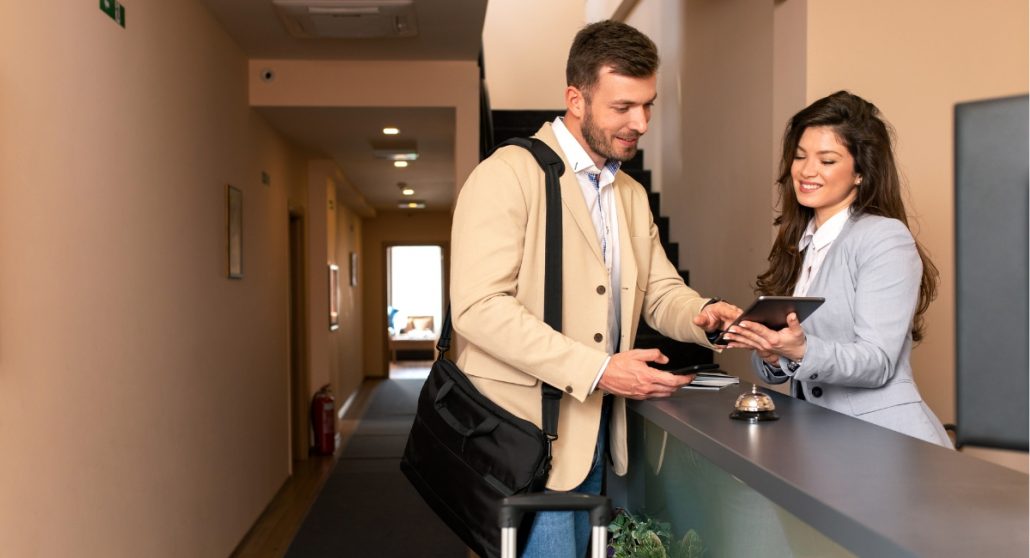 Understanding property behavior
Understanding property behavior
 Enhance distribution
Enhance distribution